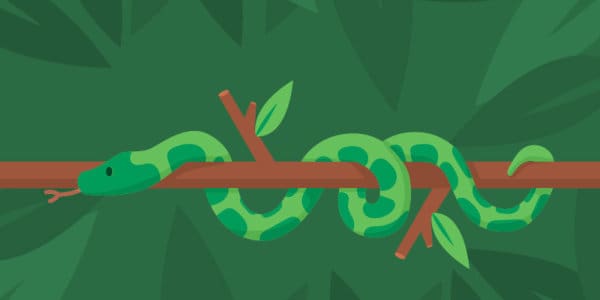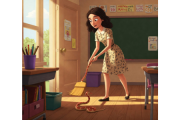This is story #10 in the series “Where Exactly is Home?”. The author recommends you read them in order.
Introduction:
“Where Exactly is Home?” follows the story of my parents, my two younger brothers and me, Susan, who emigrated from war-battered Britain, in the mid-late 1950’s, to Southern Rhodesia, Africa.
The effects of this move on our family were huge, as we struggled to adapt to such a different way of life. Only after further upheaval, and more long-distance travelling, did our family eventually settle in the city of Salisbury, Rhodesia.
However, we did not know then that we would not remain there for the rest of our lives, either.
When the family first went to Africa, I, Susan, was 9 years old. My two brothers, John and Peter, were almost 7 and 4, respectively.
Nowadays, as seniors, John and Peter live in England. I live in Canada. Throughout our lives, we have both benefitted from, and suffered because of, our somewhat unusual childhood.
I, for one, still sometimes ask myself which country represents home to me.
This is a series of stories under the title “Where Exactly is Home?” – I recommend you read them in order, starting with story #1.
10. Snakes, Snails and Maggots
“You’d never want to read this book!” So says my husband one night, propped up in bed, where we both often read for a few minutes before we turn off the bedside light. Then he begins to chuckle to himself.
“Why not?” I ask. “Isn’t it all about solving crimes?” After all, I read both fiction and non-fiction.
“Yes”, he replies, “but I can’t see you reading about this. It’s all about the number of maggots on a corpse helping forensic scientists tell how long someone has been dead. There is a photo here, too. Do you want to have a look?” he asks me jokingly, offering to show me.
“No way!” I shriek, turning away my head. No, I do not want to look at that book, as my husband well knows. I am appalled at the mere idea of his perusing such gruesome facts just before going to sleep, too.
I put my distaste down to having lived for so long in southern Africa, the first two years in the small village of Darwendale, forty-odd miles from Salisbury, the capital of Southern Rhodesia.
Having emigrated from England, it had taken our family of five a long time to adjust to living in the bush, because all that we had ever known till then, was so very different there. We had to come to terms with the reality of living far from a big city. There were no sidewalks, no streetlamps, no buses, just one tiny store, two single-pump gas (petrol) stations, a very small railway station and a junior school with sixty students, mainly boarders. Most of the white people in the area were Afrikaners, originally from South Africa. They spoke Afrikaans at home, but English outside. They lived on huge farms, thousands of acres in size, on which they grew tobacco. The leaves when harvested, were dried, and taken to the Tobacco Auctions in Salisbury. Some years later, we would go to the Auctions, to have a free breakfast, as was the norm in such establishments. We would listen to the auctioneers calling out their bids in their sing-song patter, talking so fast that to us they were unintelligible. Thereafter, those tobacco leaves went all over the world to be made into cigarettes. In the 1950s and ‘60s, few people knew that cigarette-smoking was linked to cancer.






Rachel3 years ago
Hi grandma I like it 😊